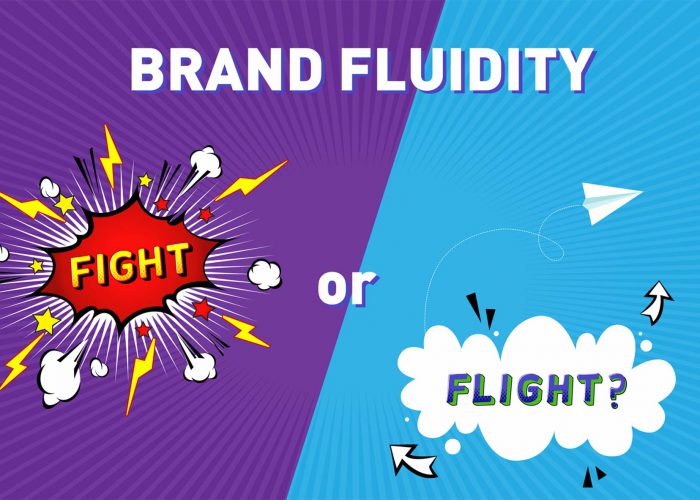Do traditional brands need to focus more on the user experience?

A recent US consumer survey, published in HBR, compares brand success of (new) digital brands and their traditional “twin” – like AirBnB vs. Hilton, Dollar Shave Club vs Gillette, Red Bull vs. Coca Cola, Tesla vs. BMW. They come to the conclusion, that new digital brands make people`s lives easier, whereas traditional brands are more “looked up to”. And consequently call the traditional brands “purchase” brands, who focus on the purchase moment of truth (getting as many people of the target group to buy them) versus focussing on the “usage” and what happens after it, i.e. the advocacy of the user, the experience, the community.
The respondents who are happy with the user experience, seem to show willingness to pay a price premium for “usage brands” compared to the “purchase brands”. It sounds logical, that my product experience (if it is good) and after-sales experience makes me happier than just a good purchase experience. In other words, if brands fail to give me a good user experience, don’t care about improving the experience and don`t care about engaging me, I am more likely to switch to competitors, leave negative comments online, not recommend them.
Improving the user experience is of course easier for a digital brand, which is continuously learning from users in real-time than for a product which is with me at my home, once bought, with no tool for feed-back. I have two take-aways and one caveat:
1) Traditional brands need to and can spend more resource on engagement with consumers pre, during and after purchase and turn insights into action much faster;
2) Traditional brands can and should expose themselves to feedback online by being available and by actively engendering and rewarding conversation, which helps them to continuously improve product or service and build a community of (hopefully) loyal advocates;
3) The caveat: Byron Sharp (Author of “How brands grow”) will disagree with a user versus purchase focus. His argument sounds logical too: Brands will not grow fast enough, if they focus on “loyal” customers. They need penetration and win many more customers.





